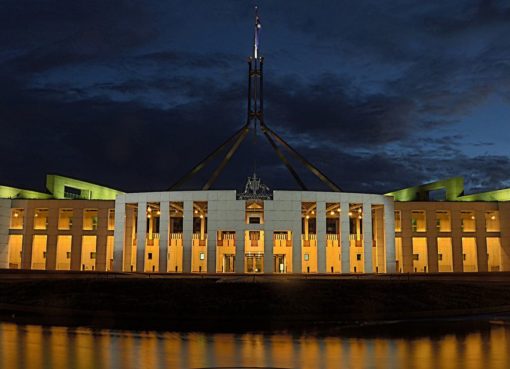South Korea’s Financial Supervisory Service (FSS) advised local asset managers to avoid excessive exposure to crypto firms.
According to a Wednesday report by The Korea Herald, the FSS verbally instructed local asset managers to limit exposure to crypto firms. The report cited Coinbase and Strategy stock as examples.
The guidance was reportedly informal and advisory. The impact was also limited because passive exchange-traded funds (ETFs) operating in South Korea cannot easily remove specific stocks without changes approved by index providers.
“Since we track the index directly, removing a stock without an index change could result in large tracking errors. We understand the regulatory stance but cannot respond immediately,” an anonymous fund manager told The Korea Herald.
The FSS recognized these limitations and clarified that its remarks are only meant to encourage caution in ETF design until new rules are introduced. Still, some industry participants also raised concerns about the fairness of such expectations.
The Korea Herald cited industry sources noting that investors are already gaining exposure to crypto firms via US-listed exchange-traded funds (ETFs). Consequently, expecting such limitations only on domestic products may be unfair to local asset managers. An anonymous industry source said:
“Restricting domestic ETFs won’t stop capital flows. Investors are already going around these rules via U.S. products. It’s questionable whether such regulation is even effective.”
Related: South Korean young people turning to crypto out of desperation
Crypto stocks are popular among Korean asset managers
The remarks follow an increase in South Korean ETF allocations to crypto-related stocks. Korea Investment Management’s Ace US Stock Bestseller ETF holds Coinbase at 14.6%; the KoACT Nasdaq Growth Active ETF holds Coinbase (7.4%) and Strategy (6%), totaling 13.4%.
Similarly, the KoACT Global AI & Robotics Active ETF allocates 10.3% to Coinbase, and the Timefolio Nasdaq 100 Active ETF provides an 11% exposure to crypto-related stocks.
Related: 27% of Koreans aged 20–50 hold crypto, 70% eye more investments: Report
The FSS also pointed out that local financial institutions cannot hold, acquire, invest in or leverage as collateral any cryptocurrency. “Although both US and Korean regulators are showing signs of easing crypto rules, no concrete laws or guidelines have been implemented,” an official said, adding:
“Until new frameworks are in place, existing rules must be followed.”
The remarks follow increasing regulatory openness shown by South Korean regulators. Earlier this month, South Korea’s Ministry of SMEs and Startups proposed lifting restrictions that excluded crypto firms from accessing various tax breaks and financial support initiatives.
Additionally, shares of major South Korean banks surged this month following trademark filings for stablecoins, signaling growing institutional interest in digital assets. This development also followed South Korea’s central bank postponing the testing of a central bank digital currency amid increasing support for stablecoins.
Bank of Korea Deputy Governor Ryoo Sangdai said in June that he aimed for banks to be the primary issuers of stablecoins in the country, with a gradual expansion into other sectors. Reports from last month also indicate that eight central South Korean banks are expected to team up to launch a stablecoin pegged to the country’s won currency by 2026.
Magazine: Korea to lift corporate crypto ban, beware crypto mining HDs: Asia Express




